Strengthening Digital Health Literacy for Primary Healthcare Providers: A Collaborative Effort in Bali
Digital health literacy has become an essential necessity in recent years, as the use of digital applications and services in healthcare has grown exponentially. Primary healthcare services, particularly Puskesmas, are at the forefront of community healthcare delivery. As digital healthcare services continue to expand, it is crucial that Puskesmas staff are well-equipped to adapt and maximize their use to better serve the community.
In response to this need, a digital health literacy strengthening module was developed as part of a collaborative initiative between Australian National University (ANU) and the Faculty of Medicine, Udayana University. This project is funded by the Australia-Indonesia Institute (AII) and supported by the Commonwealth of Australia Department of Foreign Affairs and Trade (DFAT).
The module development team included key figures from the Master of Public Health (MPH) Program at Udayana University, such as Dr. dr. Anak Agung Sagung Sawitri, MPH, the Program Director, along with alumni Pande Putu Rissa Cempaka, SKM, M.Kes and student Jana Darmika, SKM. From the Department of Public Health and Preventive Medicine, Dr. Putu Cintya Denny Yuliyatni, MPH and Dr. Dwi Ariawan, M.Kes, both junior staff members, contributed to the development process. Dr. I Nyoman Sutarsa, MPH, PhD and Matthew Kelly represented ANU in the project.
The development process involved a series of interviews and focus group discussions with Puskesmas heads and staff in Denpasar City. Initially, the team interviewed several heads of Puskesmas and surveillance and health promotion staff to gain an understanding of the types and use of e-health services at the facilities. The team also explored the challenges that staff faced in implementing these services and identified the specific needs of Puskesmas to overcome these obstacles.
Based on the literature review and interview results, the team proceeded with the development of the training module. A draft of the module was then presented to the heads of Puskesmas in Denpasar through a consultative meeting on March 25-26, 2025. Feedback from this meeting was used to refine the module, ensuring it would be as effective as possible in practice. The final version of the module was then utilized in a workshop training for Puskesmas staff and Denpasar City Health Department personnel.
The module has been officially registered with HAKI and has received an ISBN. It was launched with a formal ceremony by the Consulate General of Australia in Bali, highlighting the importance of international collaboration in advancing healthcare services and supporting capacity building at the local level.
This collaborative effort reflects the program’s commitment to innovative, evidence-based education. By involving both academic staff and students, as well as alumni, in the module development, the program fosters a culture of mentorship, collaboration, and practical experience, which are all essential components for a high-quality public health program. The involvement of international partners further enriches the program’s ability to stay at the forefront of global health practices.
The initiative also demonstrates the program’s capacity to respond to local healthcare needs by developing targeted training that directly addresses the challenges faced by primary healthcare providers. It reinforces the program's commitment to providing students with real-world applications and equipping them with the skills to effectively address public health issues, making them valuable assets to the healthcare system.
The successful development and implementation of this module highlights the program’s dedication to improving the quality of healthcare at the community level through continuous professional development, ensuring that both students and healthcare professionals are well-prepared to handle evolving healthcare challenges.
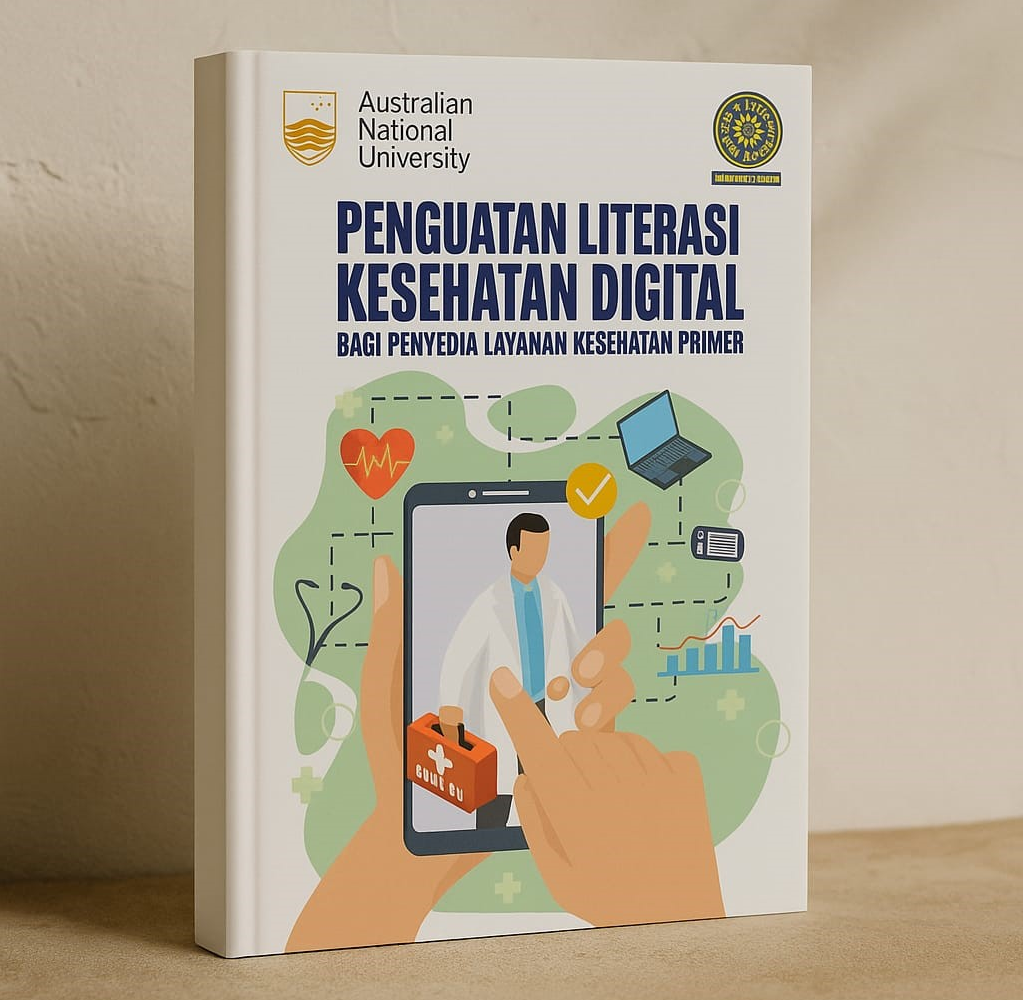
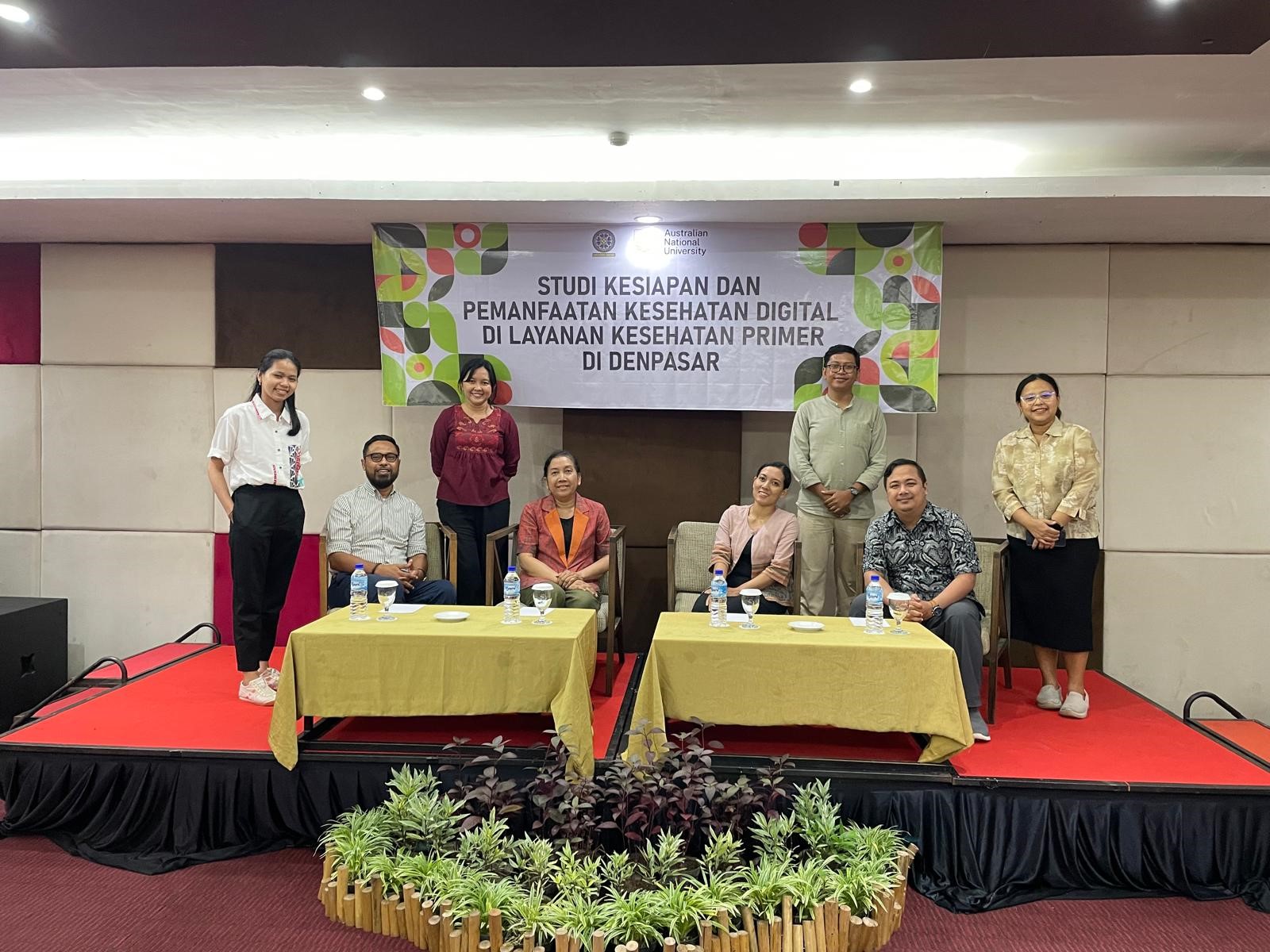
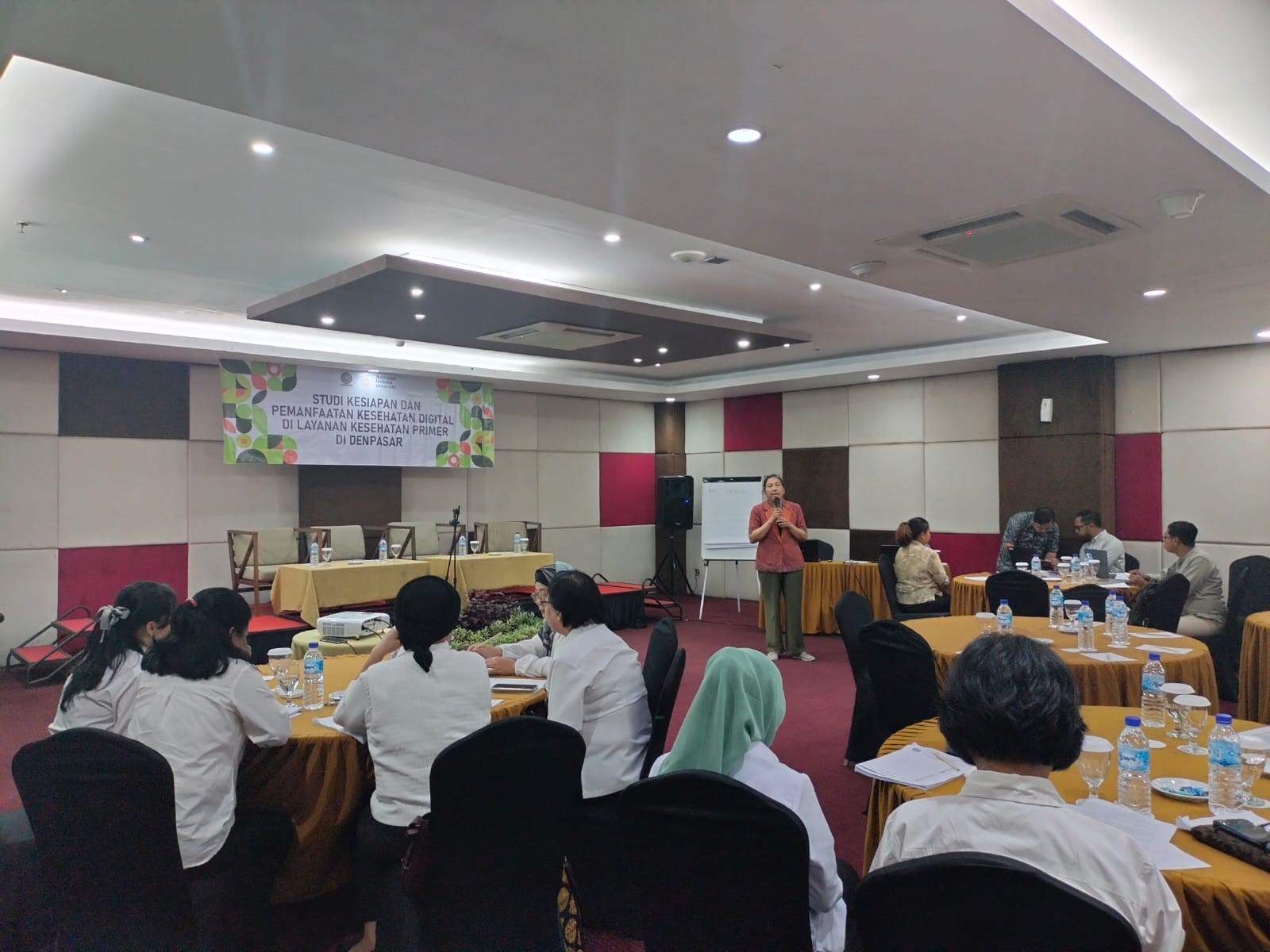
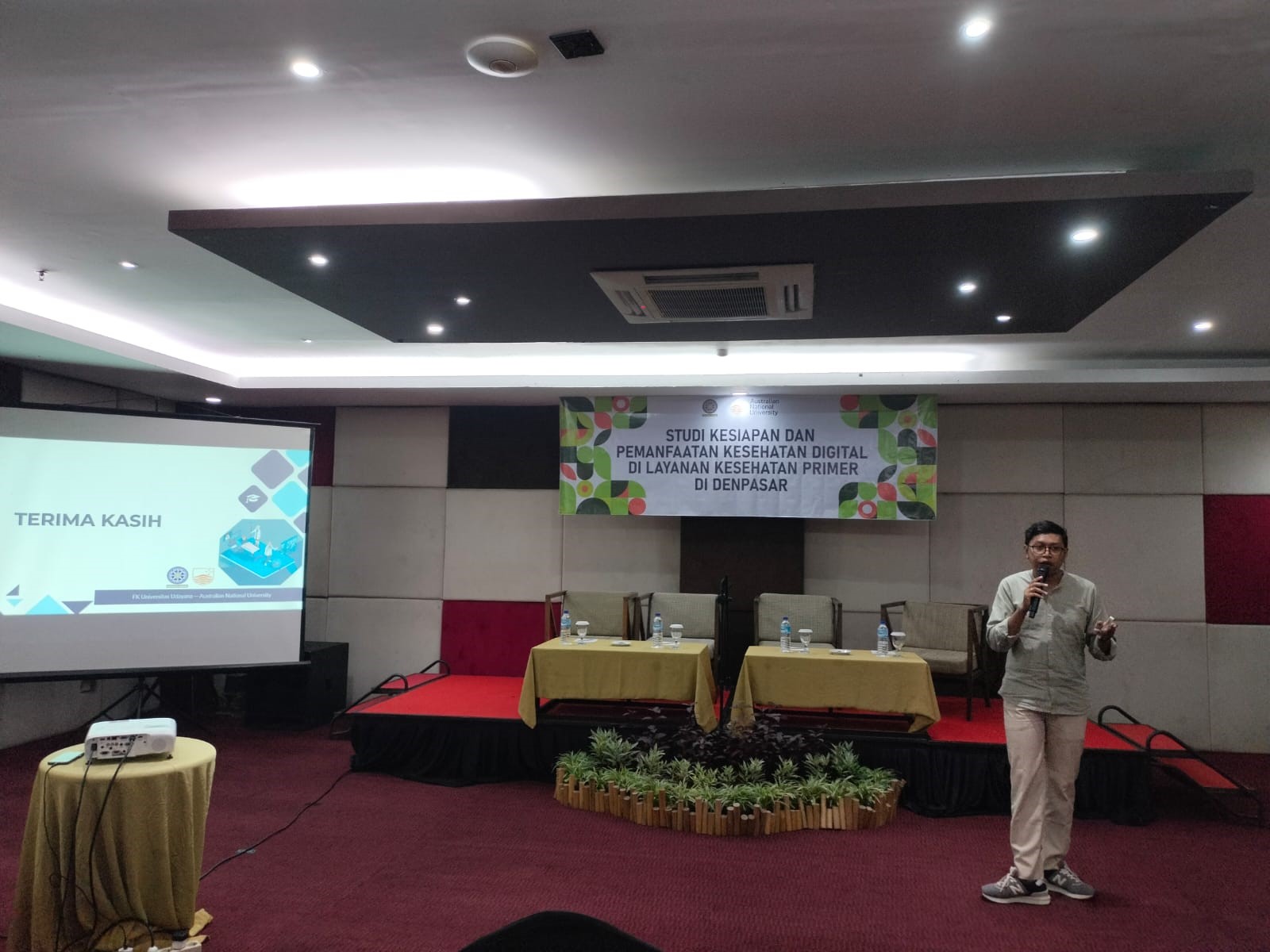
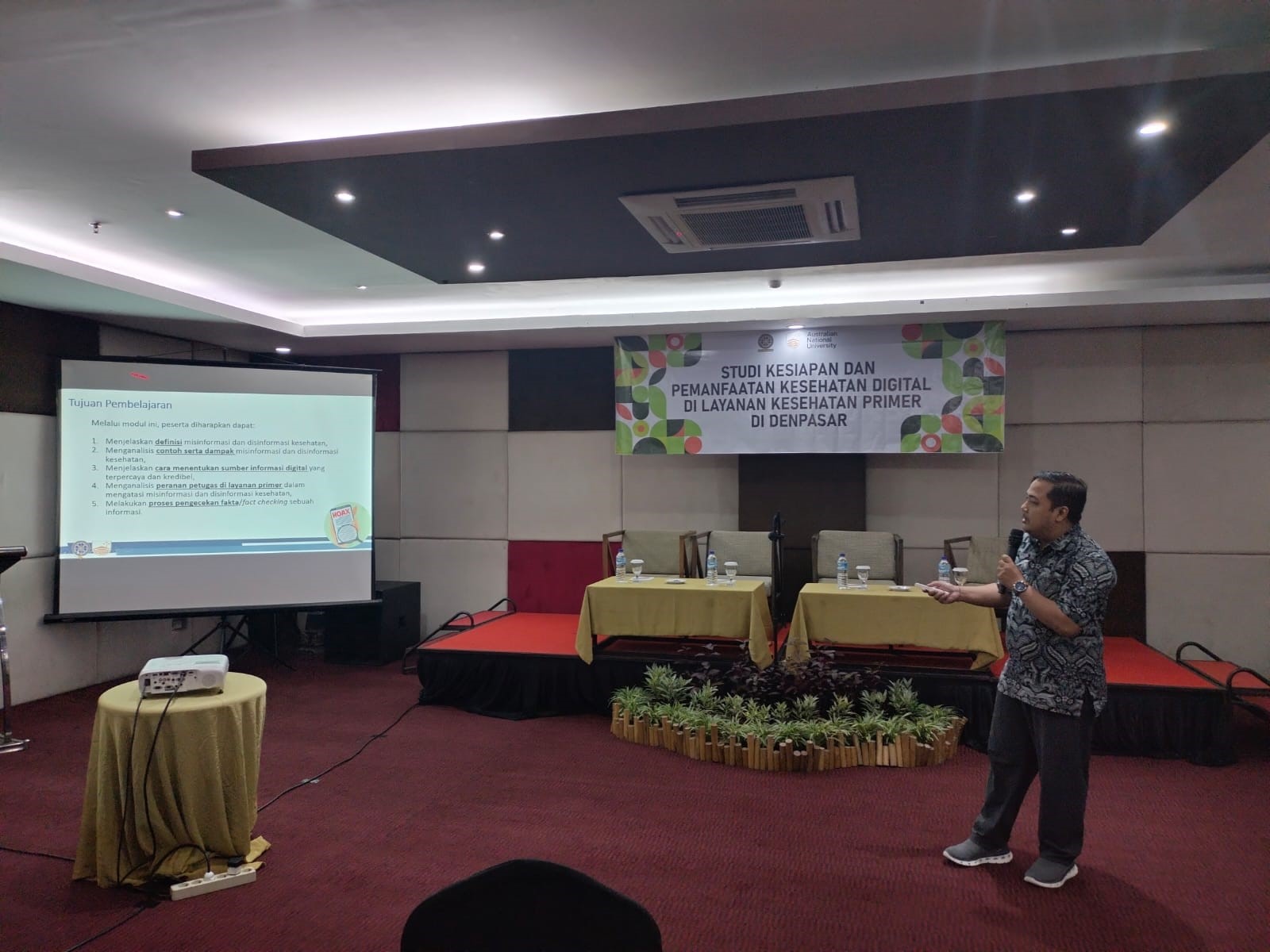
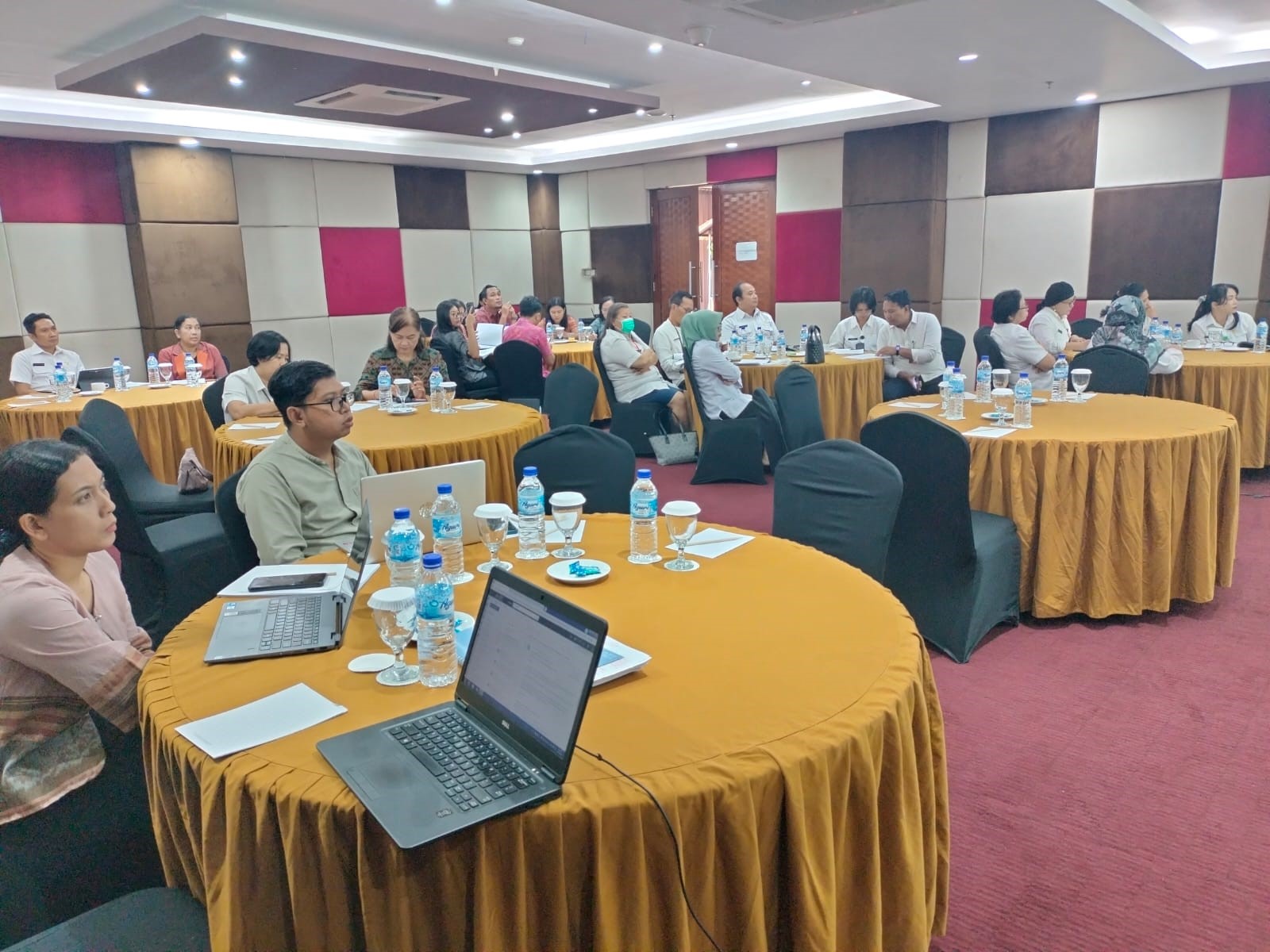
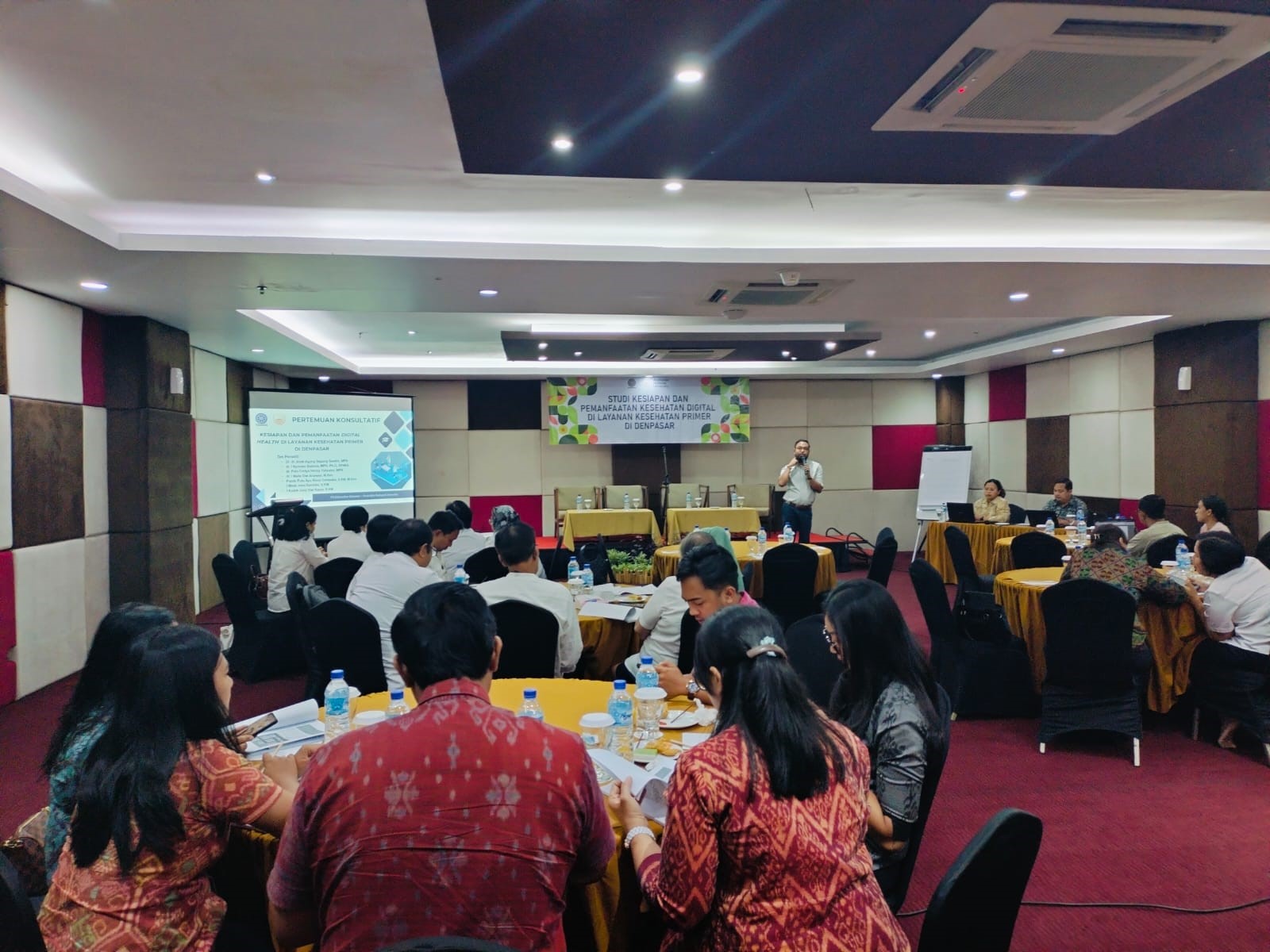
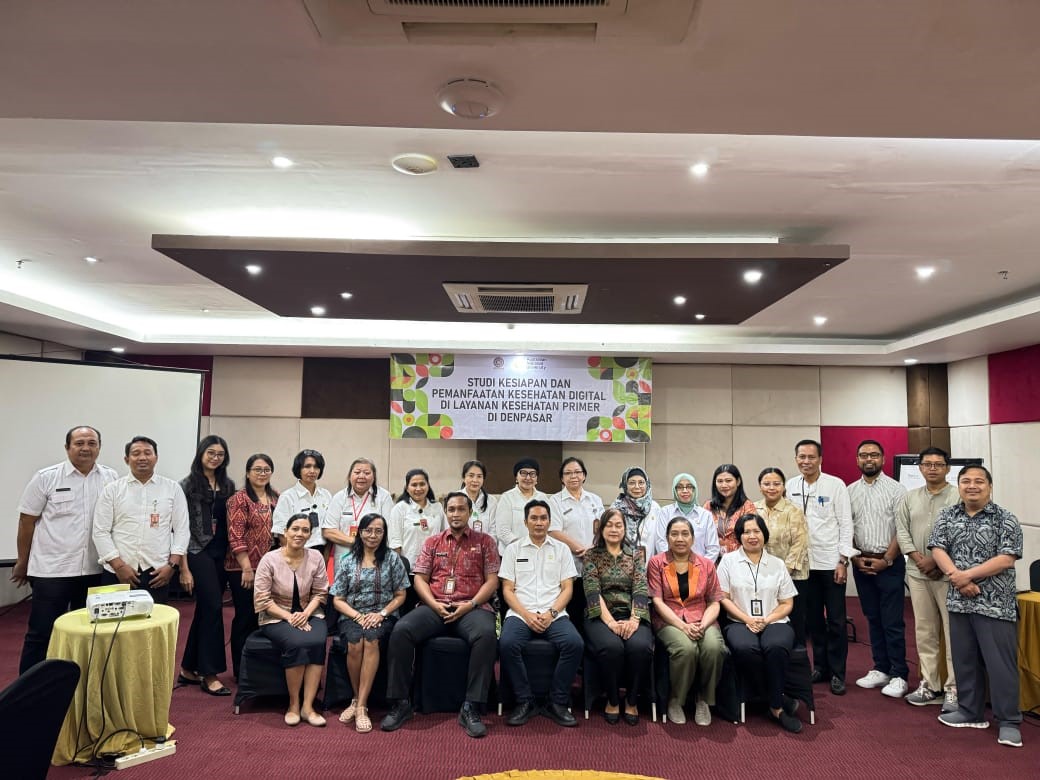
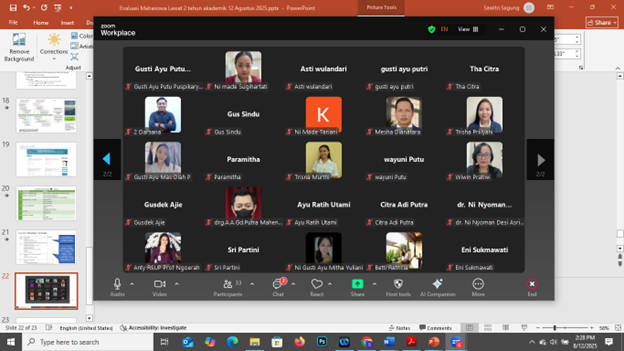

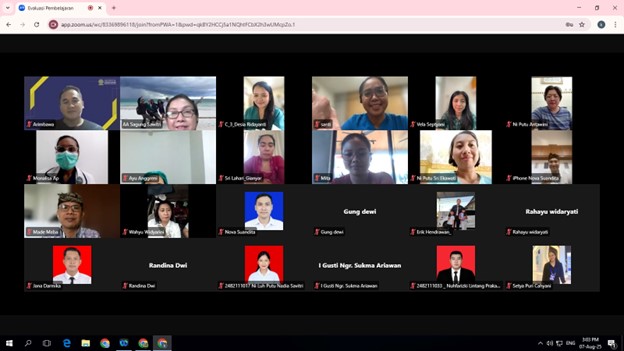
MEDICAL FACULTY